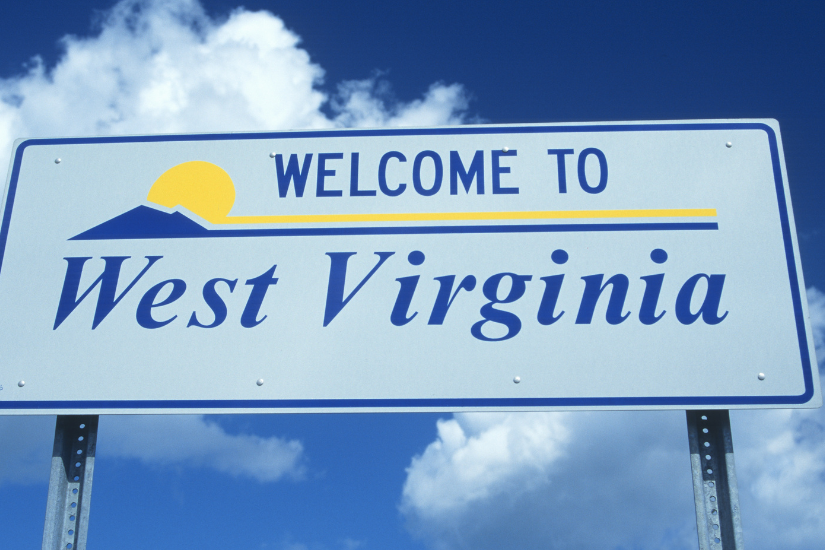Poised for Growth

Citing a cooling job market, the Federal Reserve recently lowered interest rates for the first time since March 2020.
America needs a strong economy to boost employment. One key to a robust economy is a tax code that encourages commerce and growth. That’s why the life insurance industry appreciates the efforts by Representative Carol Miller (R-WV) and her Ways and Means Committee colleagues who are examining how changes to the tax code would affect America’s economy and workers, families and businesses. Rep. Miller leads the Supply Chains team and serves on the Global Competitiveness team, two of the 10 teams established by Committee Chairman Jason Smith (R-MO) and Tax Subcommittee Chairman Mike Kelly (R-PA).
Consistent and durable supply chains provide ready access to goods & materials, which keeps costs down. And consistent and durable tax policy maintains ready access to affordable financial protection products for families and small business owners.
Many provisions from the 2017 Tax Cuts and Jobs Act are due to expire at the end of 2025. To pay for extensions of these provisions, Congress will be looking for alternative revenue sources. Congress should not make changes to the tax code that would stifle business activity and make it harder for American families to achieve financial security.
America’s life insurers provide vital support to families while also fueling economic growth. From 2020 to 2022, we paid a record $282.3 billion in life insurance benefits and $284.7 billion in annuity payments. We also have invested $7.5 trillion in the U.S. economy and serve as one of the largest sources of investment capital in the nation.
Life insurers receive premium payments and convert them into long-term investments that they use to keep their promises to policyholders. These investments include mortgage loans for agriculture, retail, housing and other properties. They also include state and local municipal bonds supporting capital improvements in transportation, education, health care, utilities, and more. Communities use these funds to provide dependable and modern infrastructure and facilities, including roads, hospitals and schools. In West Virginia, life insurers have invested more than $675 million in these bonds. All told, life insurers invest $24 billion into West Virginia’s economy.
For more than 175 years, Americans have counted on the life insurance industry’s strength and reliability. The industry stands ready to work with policymakers so that any tax code changes support American families and businesses in West Virginia and throughout the country.


